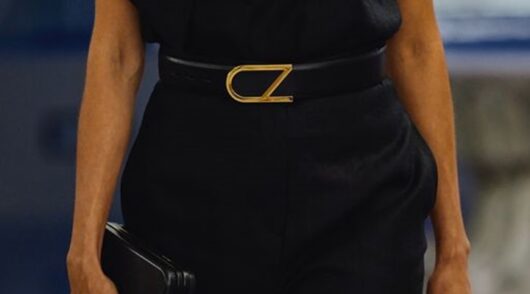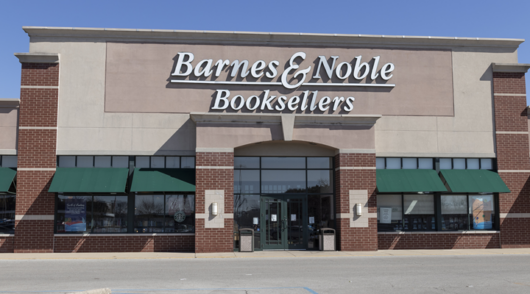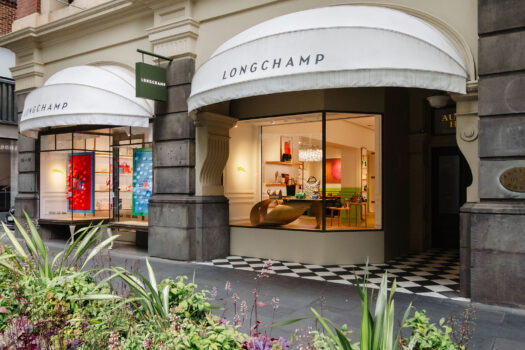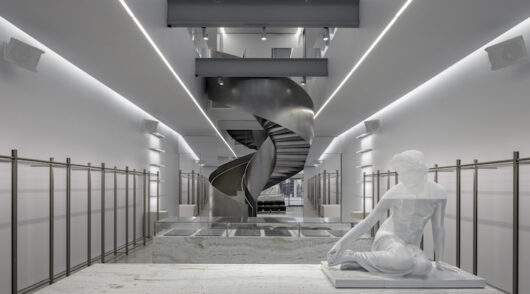To combat rising inflation and cost of living pressures, Australian shoppers have commenced their Christmas shopping months earlier, according to a new study.
The annual Christmas retail trends report from the Australian Consumer and Retail Studies (ACRS) unit of Monash Business School has revealed 55 per cent of shoppers have now started their shopping one or more months in advance while 45 per cent initiated it in the four weeks leading up to Christmas.
The report has also found that 90 per cent of shoppers will be buying gifts for their family, 35 per cent for friends and 30 per cent for their extended family.
Gift-wise, two popular categories are experiencing a downward trend since last year: clothing, footwear and accessories are down 47 per cent while toys and games product sales are down 38 per cent.
Australian shoppers are also estimated to spend $379 on Christmas presents with four out of five shoppers expected to make a product purchase in-store. About 59 per cent of Australian shoppers will use debit cards to make Christmas purchases while 40 per cent will rely on credit cards.
One in five Australian shoppers will likely use a Buy Now, Pay Later scheme while 37 per cent of shoppers will take advantage of Boxing Day sales to get a good bargain — with the day still remaining a top sales event of the year.
“On the back of months of cost-of-living increases and interest rate rises, it’s no surprise that more shoppers are going to shop at sales events this year compared to last year,” said the report’s lead author and principal research consultant at the ACRS research unit, Dr Eloise Zoppos.
ARA predicts modest boost
Meanwhile, in a revised update, the Australian Retailers Association (ARA) now expects Christmas spending to reach $66 billion in November and December – an increase of 6.4 per cent over last year.
CEO Paul Zahra said higher numbers are driven largely by price increases as well as stronger food and hospitality spending.
“The news couldn’t come at a better time for the hospitality sector which has endured more pain than most businesses through the pandemic.”
Zahra acknowledged that price increases are a “factor” in these numbers and are also what’s driving Australians to spend to get in ahead of inflation.






